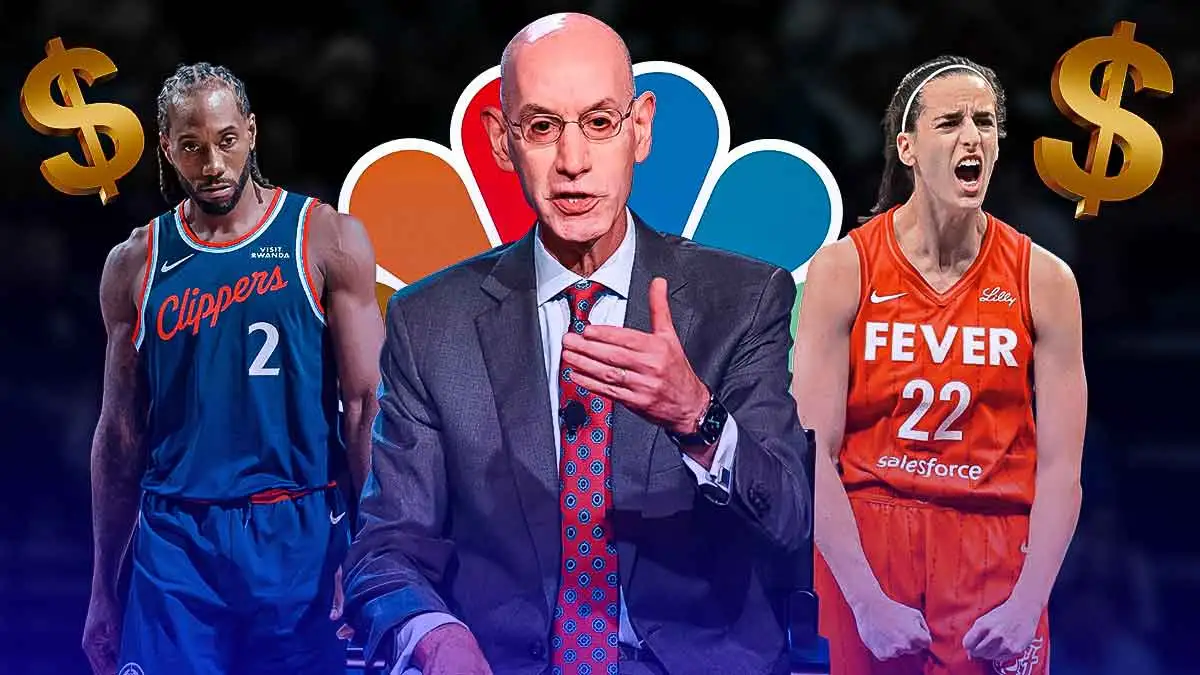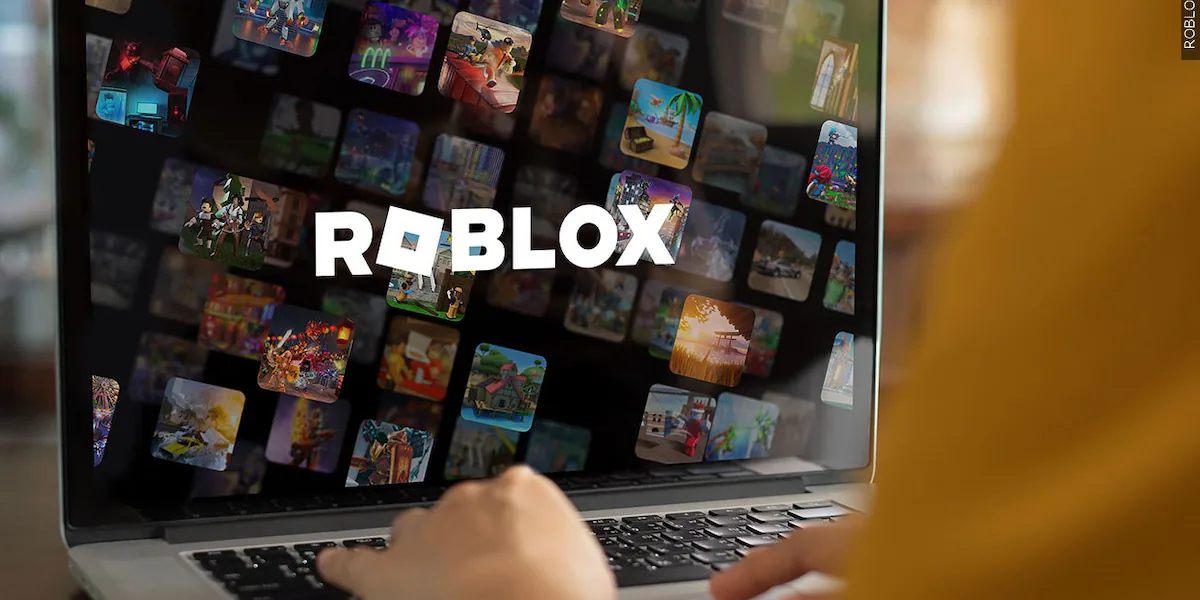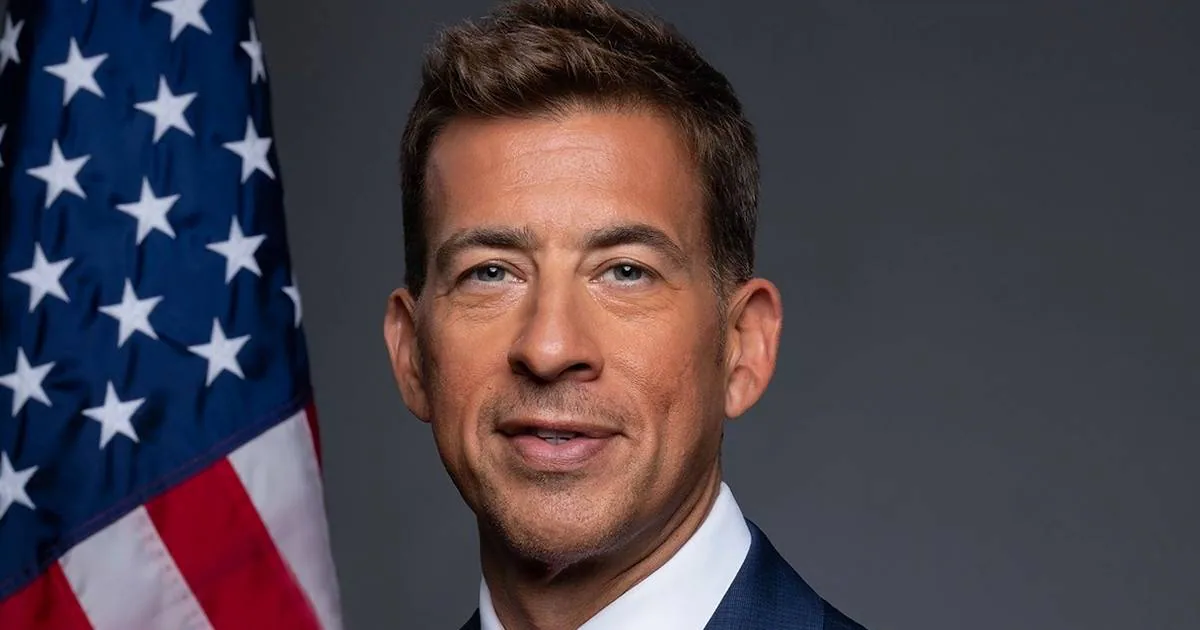Copyright clutchpoints

Adam Silver isn’t easing into the new NBA season. He’s walking straight into the fire with a calm face and a full agenda. The commissioner’s 12th year on the job begins with everything from broadcast shakeups to betting controversies and expansion debates. But if there’s one constant, it’s that Silver never avoids tough conversations. As he told Sports Illustrated and TODAY, the league’s challenges, from streaming confusion to team investigations, are all part of the job. “We will get to the bottom of it,” he said about the Clippers’ salary cap probe, SI reports. That line sums up his approach perfectly: deliberate, transparent, and built on trust. 1. Silver Still Believes in Transparency When the Clippers and owner Steve Ballmer were linked to an alleged cap circumvention scheme, Silver didn’t flinch. He immediately handed the case to one of the league’s most trusted law firms, showing that even the wealthiest owners are not beyond scrutiny. He compared the process to a court of law, with evidence coming before judgment. In Silver’s NBA, credibility is the real currency. He knows the stakes are high. A scandal tied to one of the league’s marquee owners could shake public trust, but Silver’s focus remains on patience over panic. Protecting the league’s integrity is not about appearances, it’s about doing the work quietly and letting the truth surface. 2. The Broadcast Revolution Will Be Bumpy but Worth It The new $77 billion national TV deal may have fans scrambling for remotes, but Silver sees a bigger picture. The NBA’s move to NBC, Prime Video, and ESPN’s app means short-term disruption and long-term flexibility. “Technology is clearly our friend here,” Silver said, showing his belief that digital access will eventually win out. Charles Barkley and other critics may see the new deal as anti-fan, but Silver is betting on the next generation of viewers who watch basketball through apps, phones, and social platforms. It’s the commissioner’s boldest media move yet, redefining what accessibility means in a streaming-first era. 3. The Regional Sports Network Crisis Is Silver’s Next Big Test The collapse of regional networks has threatened one of the NBA’s most reliable revenue sources. Silver’s calm, analytical response reveals how he views change as an opportunity, not a disaster. He noted that local games have “twice the engagement” of national ones, a crucial statistic that proves fans crave connection to their home markets. For Silver, the answer lies in streaming’s inevitable rise. As traditional television declines, he expects major platforms to compete for those valuable local audiences. It’s a bet on the future that blends technology, adaptability, and business sense. 4. Sports Betting Still Walks a Tightrope Gambling is now a part of modern sports, but Silver remains cautious about how deep that integration should go. Prop bets, especially on fringe players, create uncomfortable gray areas. Silver admits he can’t control every state or operator, yet he’s pushing for “reasonable modifications” to protect player integrity and the league’s reputation. He understands that betting keeps fans engaged, but it’s a delicate balance between innovation and restraint. The NBA under Silver is still a business, but one that operates with a clear moral compass. 5. Expansion Isn’t Gone, It’s Just Getting Smarter Fans have been asking for expansion in cities like Seattle, Las Vegas, and Mexico City. Silver refuses to rush it. His reasoning is mathematical, not emotional. The league is still modeling the financial impact to ensure expansion strengthens the NBA instead of diluting its value. At the same time, Silver is exploring an NBA-style league in Europe with help from JPMorgan and the Raine Group. It’s the global version of his long game. He plants seeds early and moves only when the conditions are right. His restraint shows why he’s often compared to a strategic CEO rather than a reactive commissioner. 6. Silver’s Influence Extends Beyond the NBA Silver’s vision for basketball reaches far beyond the men’s game. On The TODAY Show, he confirmed that WNBA players will receive a “big increase” in salaries under their new collective bargaining agreement, per BET. He emphasized “absolute numbers” rather than percentages, signaling that sustainable growth matters more than optics. It’s more than good publicity. The NBA owns 42 percent of the WNBA, meaning Silver’s leadership directly impacts the women’s game. As women’s basketball continues its surge in popularity, his direction ensures it is seen as part of the same basketball family, not as an afterthought. Silver’s confidence is quiet but unmistakable. He speaks like someone who understands that the league is evolving faster than ever and that fans, players, and owners need to keep up. Whether it’s navigating streaming wars, guarding the game’s integrity, or building basketball’s global future, Adam Silver continues to prove that leadership in the NBA is about both vision and vigilance. The ball is up, and the commissioner is already a step ahead.



